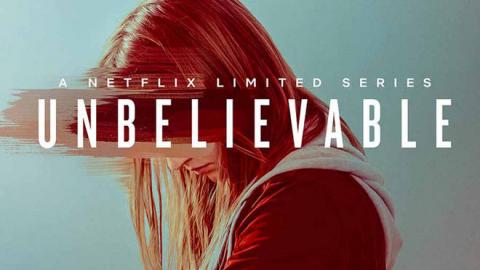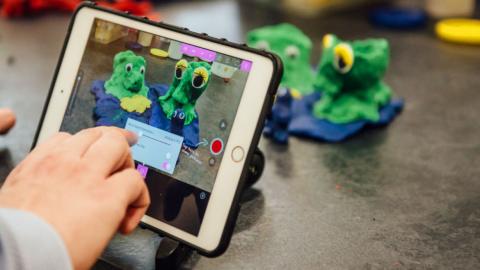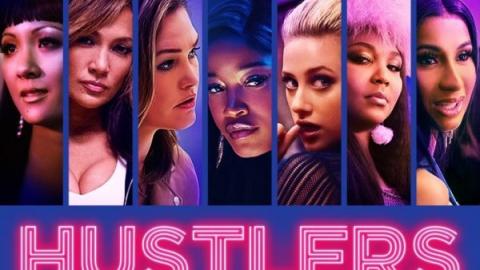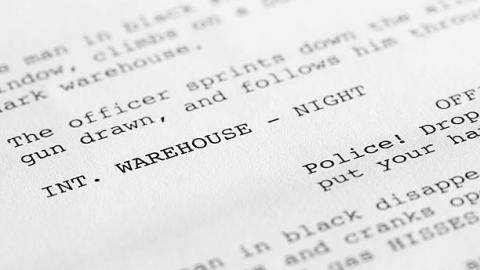The Lack of Women Directors: Are Women Afraid to Be Directors?
Share with friends
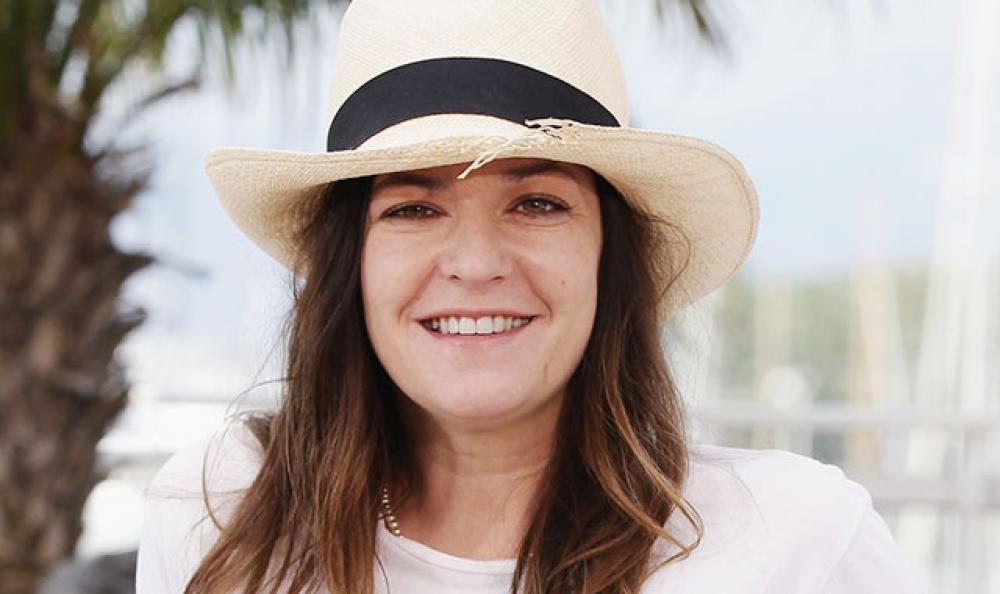
A 2003 study found that women have lower self esteem. Could that be why they make up such a small percentage of directors?
Women have always been “behind” in the performance world. In Shakespearean theater, men played all the characters, male or female. Then film came along and women didn’t have much of a place there either. For so long, actresses exemplified the only two gender roles women were supposed to fit into: perfect, quiet wives or femme fatales. Thankfully, meaningful parts now exist for complex female characters, the kind played by the likes of Angelina Jolie, Julia Roberts, Meryl Streep, and Julianne Moore. But that's just acting - the "dance-monkey-dance" rung on the Hollywood power ladder. What I want to know is when will women make the move up to Ringleader?
According to Women and the Big Picture, women made up 13% of the directors of the top 700 films made in 2014. They were just 7% of the top 250. Time and time again, people have asked why that is. Oppression is the most obvious answer, but blaming it entirely on "not being allowed to" removes women's autonomy to a degree that's more sexist than progressive. Thus, I'm here to address another reason, one that belongs to women themselves: women are afraid to direct.
Janice Min, overseer of The Hollywood Reporter and Billboard, said, “One of the things you can count on in Hollywood is a climate of fear.” Fear of being shamed has a big influence on women and can cause them to avoid stepping out of their comfort zones. In an environment where the press springs on every tiny mistake you make, gaining the courage to jump into a male-dominated field is a large task, particularly when so much of your career is contingent upon your reputation.
A Canadian study conducted in 2003 demonstrated that women, particularly middle-aged women, have lower self-esteem and higher self-consciousness than men. Both are associated with feelings of embarrassment and shame. In her TED Talk on teaching women bravery rather than perfection, Reshma Saujani mentions a report that shows that men will apply for a job if they meet only 60% of the qualifications, while women won't apply unless they meet 100% of them. Risky behavior is not as much of an option for women because they are more apt to reflect on their failures. Being acutely aware and mindful of emotions like embarrassment and shame, women avoid the possibility of experiencing them. This is particularly devastating when it comes to the field of directing, because the director bears near sole responsibility for the success or failure of an entire production. It takes a great deal of self-confidence to shoulder that kind of responsibility. If women are more prone to self-consciousness and low self esteem, it's no wonder so few are willing to take on directing.
That is not to say that there is nothing that can be done about it. Female confidence levels may be societally imputed, and thus may be adjusted. Some industry-ites are building towards making Hollywood a more comfortable environment for female leadership.
In late 2014, Reese Witherspoon formed a production company, Pacific Standard, with the goal of developing more lead roles for all types of women, specifically for women over 30. A large motivation for this was because her daughter was 13 at the time and she “wanted her [daughter] to see movies with female leads and heroes and life stories.”
Pacific Standard produced Wild, a film based on Cheryl Strayed’s memoir about hiking the Pacific Coast Trail. Witherspoon starred in the film and received an Academy Award nomination for her performance. Witherspoon also served as one of the producers of Gone Girl, whose lead actress, Rosamund Pike, was nominated for an Academy Award the same year. At Glamour’s 2015 Women of the Year Awards, Witherspoon, via Pacific Standard, was recognized for creating stronger roles for women in film. She wanted to bring to life women with thoughts and feelings and control over their lives. Her spectacular acceptance speech encouraged female ambition, both on the screen and in real life. She left women with a question to ponder: “Imagine this: What would happen if we were all brave enough to be a little bit more ambitious? I think the world would change.”
By pushing for more substantial female characters, Witherspoon is making real strides towards elevating women in the film industry. However, neither Wild nor Gone Girl were directed by women. Witherspoon didn't direct either film, though she did produce both. According Women and the Big Picture, there is an average of 15% more female producers than directors. This is because there is a lot more on the line for a director, of which there is only one on set, than a producer, of which there are many. While stepping behind the camera as a producer is a good first step, it cannot stop there. As a director, you are the poster-child for a film's success. You will be blamed entirely for its reception, whether you deserve it or not. The beginnings of Witherspoon’s movement are monumental and great, but in order to push even further, the ambition of women must outweigh their fear of running the whole show.
That's not to say there are no female directors. Some slip under the radar, like Lynne Ramsay. Ramsay is particularly unique because she has been known to write, produce, direct, and even shoot some of her films. In 2011, she wrote and directed the cult hit We Need to Talk About Kevin, but in subsequent years has not managed (or perhaps tried) to climb into the mainstream. Miranda July is also known for writing, directing, and even starring in her own films. July has directed six films, but only two of them have been full-length features. In 2004, Filmmaker Magazine ranked her #1 in the "25 New Faces of Indie Film." With the debut of her first feature film, Me and You and Everyone We Know, people anticipated that it was only the beginning of her directorial development that would lead her to break out of indie, but she never did. Nor has Ramsey. Women like Ramsay and July have become synonymous with low-budget independent films because they are typically quirkier and more emotional. However, Hollywood seems to think that they are content sticking solely to that genre.
Indeed, Women @ the Box Office found that films created by women or with female protagonists receive lesser budgets and smaller distribution deals, which is why they are often indie films. Just about all of the other research I read said that it is an uphill battle for female directors to find enough financial support to create blockbuster movies. With the stakes so high and the journey so especially tough, it can be terrifying to attempt directing as a female. It becomes a self-fulfilling prophecy: women have lower self-esteem because they see fewer women in leadership roles, and there are fewer women in leadership roles because of low self-esteem. As New York Times wrote: “That kind of leap — from indie to blockbuster — is almost exclusively reserved for young guys in baseball caps who remind older guys in baseball caps of themselves.”
Patty Jenkins is one of the few women joining those men in baseball caps. In 2017, Wonder Woman will be released under her direction. Jenkins has previously directed episodes of Arrested Development and Entourage, but she is best known for writing and directing Monster. If you read all of its reviews on Rotten Tomatoes, you will see that almost all of them praise Charlize Theron, who gained thirty pounds and wore prosthetic teeth to fully embody serial killer Aileen Wuornos. She later went on to win the Academy Award for Best Actress for the role. With such critical acclaim, why did Jenkins wait nearly ten years to make another film? Jenkins said about Monster: "Charlize is so good that it overwhelms all conversation about the film." Is that answer smartly humble, or indicative of low self-esteem? When you spend years corresponding with a real serial killer in order to gain her trust and craft such an intricate role, do you really owe it all to the top actor?
As one of the first women to direct an action movie with a budget of millions of dollars, Jenkins' film could be groundbreaking for the future of female directors. A movie of Wonder Woman's size is exactly the project to open the minds of male writers and producers to the idea of female directors and, more importantly, boost the confidence of women themselves.
